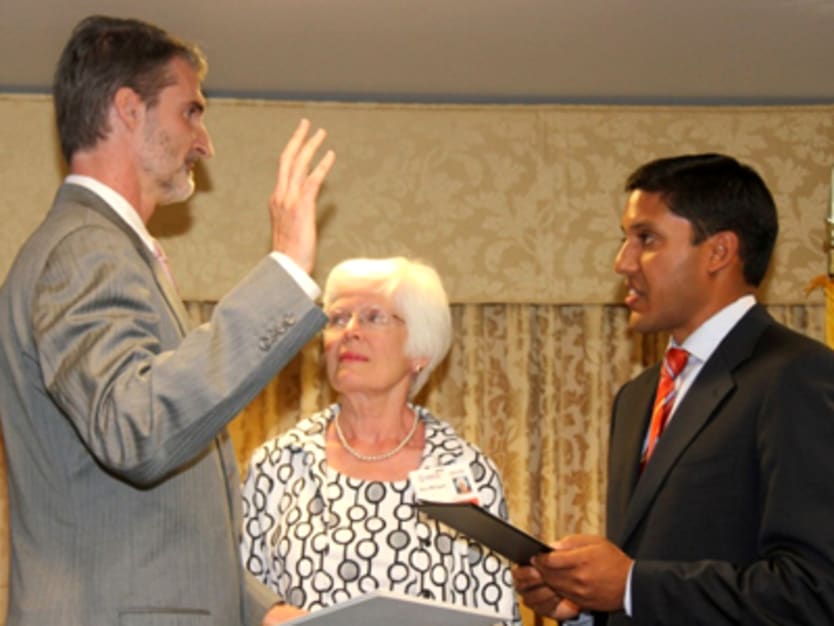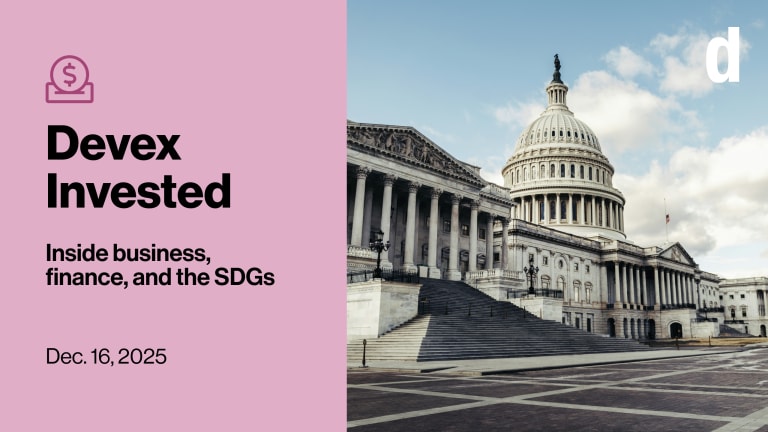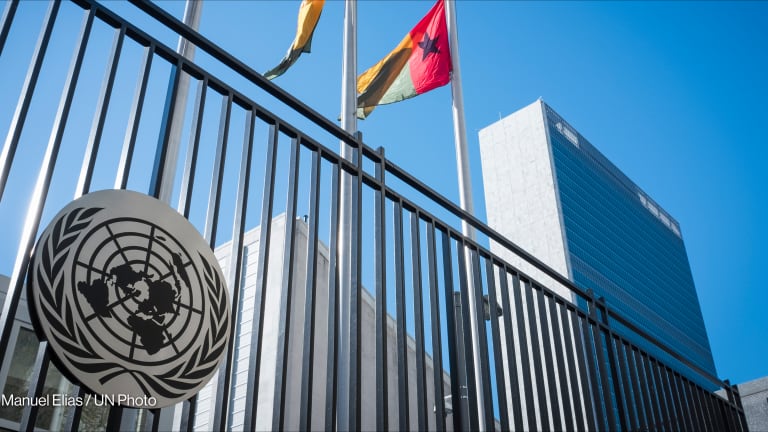
Among the many things U.S. President Barack Obama will be pushing for during his historic visit to Myanmar: Give foreign relief groups greater access to the country and assurances that they can move freely and operate independently.
While the U.S. government recognizes the progress recently “opened” Asian country has made in terms of democratic and political reforms, Myanmar still has a number of challenges to hurdle, issues that form part of the president’s agenda during his visit: political prisoners and reforms, rule of law, and peace and reconciliation in conflict states, particularly in Shan, Kachin and Rakhine.
Obama is slated to sit in bilateral meetings with some of the country’s political leaders, convene with civil society members and visit the U.S. embassy there. He is also expected to address the Myanmar public in a speech at the University of Rangoon, where the future of the United States’ engagement with the Asian country will be discussed.
In what is seen as the “greatest political opening” of Myanmar over the past two years, the United States has intensified its efforts to help the country transition toward democracy, including easing some sanctions and establishing an embassy there. Many donor countries and multilateral development banks have also started re-engaging with Myanmar, including the World Bank and the Asian Development Bank.
Myanmar is one of three Asian countries Obama will be visiting in coming days. The U.S. president is set to meet with Thai leaders to discuss ways to expand bilateral cooperation in the fight against narcotics, terrorism and trafficking, among other issues. Obama will also be speaking at the East Asia Summit in Cambodia. While there, he will be holding and political and strategic dialogue with his Asian counterparts on humanitarian assistance, disaster response, maritime security, global health, food security, and energy security.
Obama’s visit to Asia underscores his administration’s “pivot” to the region, according to Ben Rhodes, deputy national security adviser for strategic communication. Rhodes said Asia plays a “critical part of the president’s second term and also his foreign policy legacy.”
Read more:
Read more news on Myanmar and U.S. aid reform online, and subscribe to The Development Newswire to receive top international development headlines from the world’s leading donors, news sources and opinion leaders — emailed to you FREE every business day.
Search for articles
Most Read
- 1
- 2
- 3
- 4
- 5








